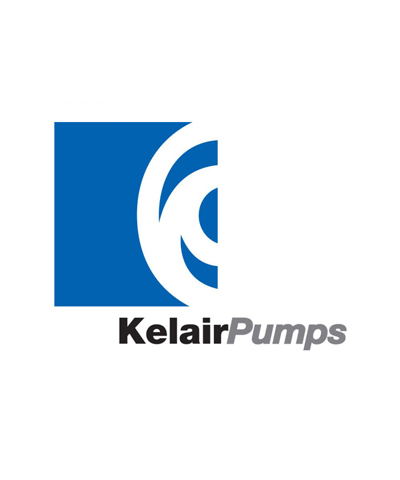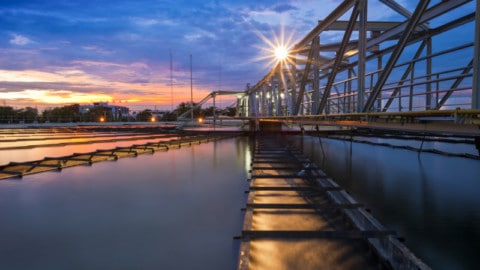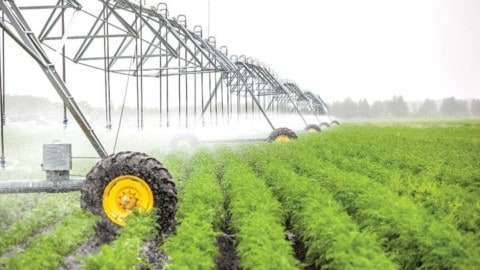by David Thompson, Amiad Water Systems
A new automatic filter from Amiad Water Systems is providing users with a range of unique and innovative benefits.
The cleaning cycle of an automatic filter is determined by the quality of the water it is filtering, the selected micron size of the screen, the screen area of the filter and its cleaning ability.
The majority of hydraulically-operated auto suction filters rely on single screen technology and one to one drive systems. This means the speed of your scanner rotation is directly proportional to the speed of your drive device (paddle or rotor). In many applications, these systems do not clean effectively because their scanner rotation and linear movement speeds are too fast.
How efficiently a screen is cleaned relates to the amount of clean water reversed through the screen via the nozzles (the flush flow rate) and the concentration of this flow. One to one drive systems have very fast linear movement and rotation speeds, which do not allow reverse flow to be concentrated on the screen for long enough.
As previously mentioned, screen area and the ability to clean the screen will determine the flush cycle and the amount of water used. If a filter can be fully cleaned with one scan then both the overall amount of water required to flush and the need for repeat flushes will be reduced.
Changing the game – Sigma 6000
Multi-screen design
The new generation 100mm Sigma Hydraulic Multi Screen Filter has five screens, resulting in a total screen area of 6,000cm2. This is more than double the screen area of a single screen filter in the same size body.
Smart drive geared operation
The Sigma range of filters incorporates a ‘smart drive’ gear system with a six-to-one reduction ratio. The average speed of rotation for a conventional hydraulic filter will be approximately 360-400rpm at 3 bars, whereas the Sigma filter’s rotation speed will be around 60-70rpm.
The Sigma smart drive system allows operating pressures of 15 metres during flush, the lowest on the market today. Lower operating pressures for primary filtration can enable lower overall operating pressures for the system, reducing power costs.
Polymeric construction
Sigma is manufactured from high-grade polymeric materials, meaning the filter is much more resistant to harsh water qualities, such as might be found in cases where fertilisers and chemicals have been injected into irrigation systems.
Reduced footprint
The Sigma’s multi-screen design provides a much larger screen area than a single screen design. This, coupled with the Sigma’s vertical design, allows an extremely small footprint.
For instance, a Sigma 6000 Triple can handle 300 m3/h on most water qualities and has a footprint of only 2×1 metres.
- Multi-screen design
- Smart drive geared operation
- Polymeric construction
For more information on the new generation Sigma, visit Amiad Water Systems at www.amiad.com/DC.




















